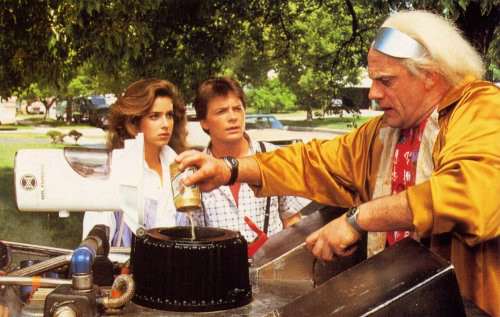OK, this company claims that this new plug burns fuel faster. Good?
I didn't see them address this point, but isn't there a small issue with rapid combustion of gas during the combustion cycle causing detonation and "pinging" the pistons off the cylinder walls?
This is the reason that we pay for "premium" fuel that is no different than the "regular" fuel other than it has a higher ratio of n-heptane added. Heptane is one of the two components of gasoline, used in variable ratios with iso-octane to retard combustion, preventing detonation in gas engines.
So, add more heptane to iso-octane, get a higher octane rating, a slower burning fuel, resulting in no pings. Less heptane in the ratio, lower octane rating, faster burning fuel. Which I have also read that higher octane fuels have less BTUs, so you pay more for less fuel energy. Go figure... The "premium" fuel game is a huge racket, IMHO.
If these plugs produce faster burn times, would this not have the same result as a lowering the octane, resulting in burning gas faster which would cause greater detonation in all engines?
Obviously not much of a benefit it that is the case. I am not a chemist, I only play one on television, so if I am off base here, straighten me out, you that know the mojo.































































